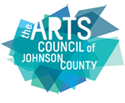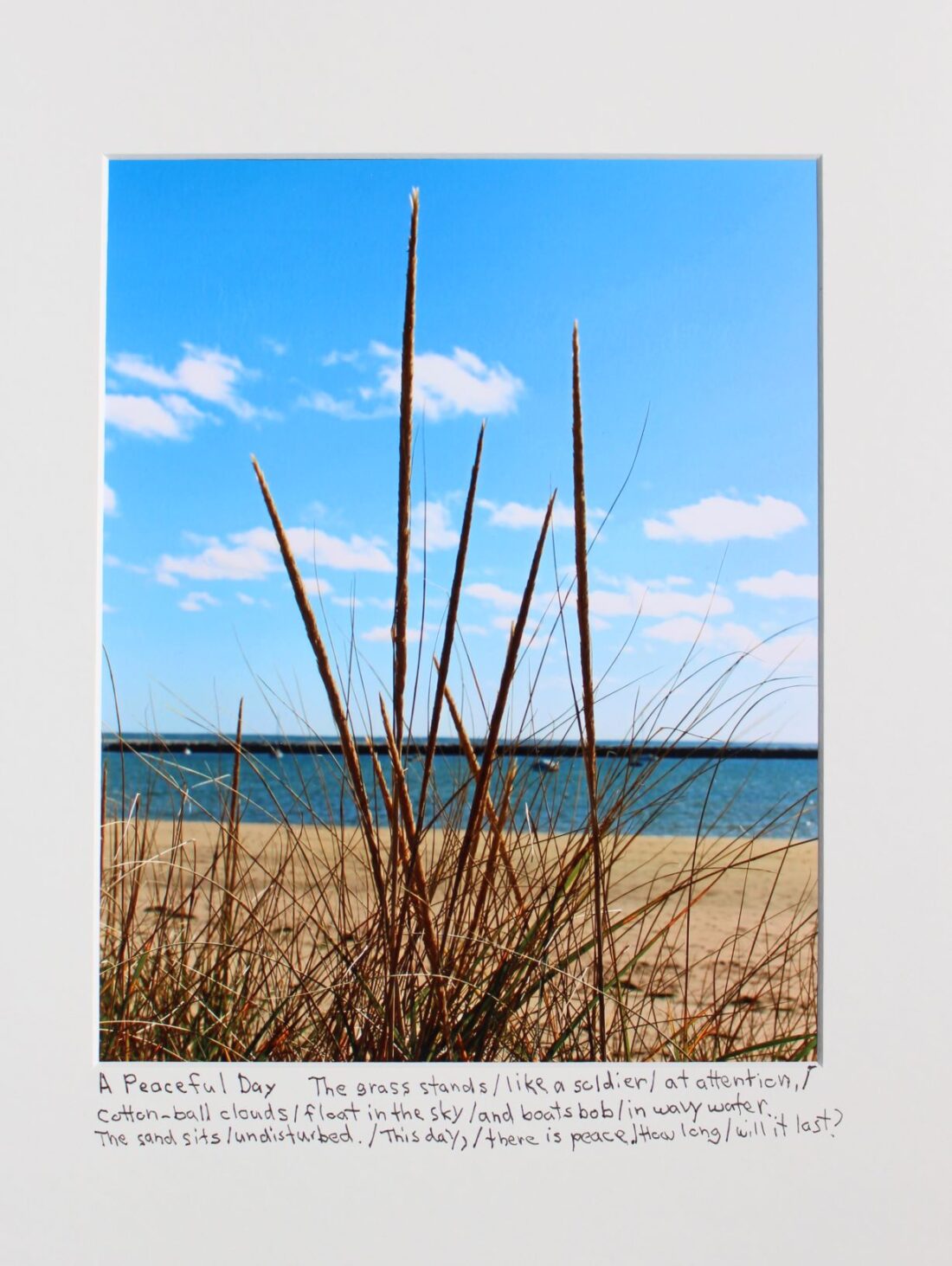Ekphrasis and Photography: An Interview With Michelle Pond
Michelle Pond is a photographer and poet whose work will be part of the Veterans Art Show next year. Pond served in the Marines from 1971 to 1973 as a Keypunch Operator, a job which she said technological advances since then have made obsolete. She said she had joined the military to finance her education and ended up liking the job, which was one of many that was opening up for women in the military at the time (although women were still not allowed in combat roles).
Pond used her military work to finance a degree in journalism, but she said she didn’t start seriously writing as an art form until 2009. She said she started writing a bit in 2007, after losing a friend to cancer, and that she quickly found that writing was an important coping strategy for her.
“It was healing for me, and it still is healing for me,” she said.
Her approach to both her art and her poetry is meditative on purpose, she explained. Her work is usually ekphrastic poetry—writing inspired by a work of art—a form which dates back to the ancient Greeks. She said that although she’d always enjoyed photography and took a course on it in college, her artistic work started with poetry, and she initially did ekphrastic poetry with other art.
“When I began writing poetry regularly, I was drawn to spending time with visual art,” she said. “So I started going to the Nelson on a much more regular basis than I had before, and it seemed to be that when I was stuck on writing a poem, I would just go to the Nelson and walk around…and when I came home, in a regularly short period of time, I would solve the issue with the poem.”
But soon, she realized she could also create the inspiration for her ekphrastic poems.
“(It was) just something fun that I liked to do, but then I realized that I could write poetry to my own work,” she explained.
Pond said she’ll go for a walk with her camera, “looking for something that catches my eye.” She said most of her photos are of nature—and she is particularly captivated by life cycles and interesting textures. She said she’ll often go out after a storm to look at what the storm has left behind.
“(Things) get entangled in a way that they normally are not,” she said.
After that, she said she’ll look at the photos and ask: “How does it speak to me in words?” The answer will become her poem.
Pond said she’s excited to share her work as part of the Veterans Art Exhibit, and said she hopes more veterans consider exploring art as a way to slow down, process difficult experiences, or express themselves—and that she wished people would have access to artistic skills they could develop before they find they need those skills to cope.
“And I guess maybe we’re back to the reason that art is so important in our schools, and we need to be letting our children know that art is something that can help them in that way,” she said.
Mostly, though, Pond said she hopes her art and poetry can help people look at everyday things just a little different.
“There are interesting things around us every day, but most of the time we don’t take the time to see it,” she said.
You can follow her work on her website, or on Instagram @pondpoetry.




